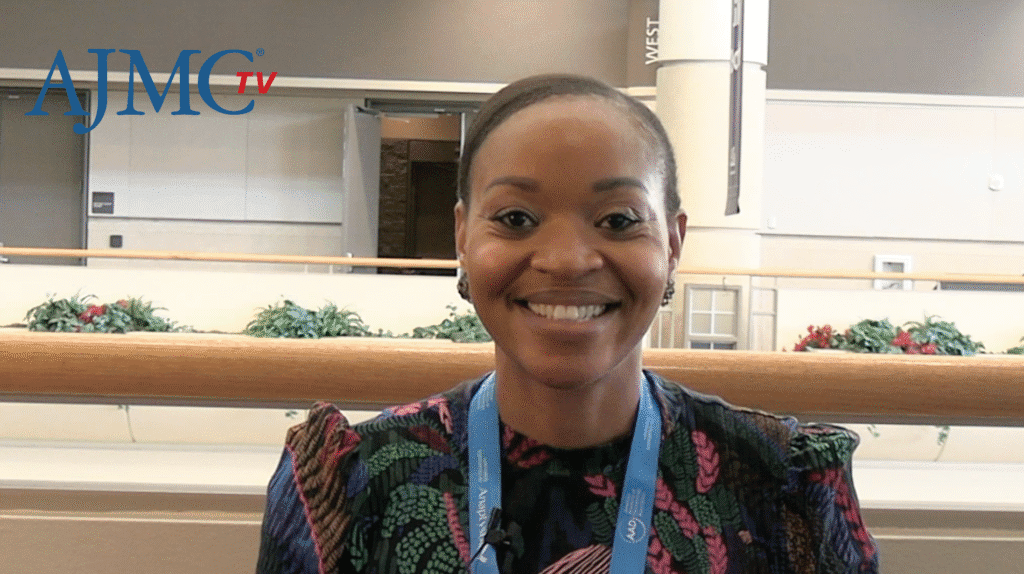Promoting Inclusivity in Hair Disorder Research: Addressing Unique Needs of Underrepresented Populations
Hair disorders significantly affect individuals’ lives, especially among underrepresented populations, including women of African descent. Research in this area is crucial for improving patient outcomes and expanding understanding. Increased grant funding is essential in driving this research forward.
The Importance of Grant Funding in Hair Disorder Research
Grant funding plays a critical role in advancing research into hair disorders, particularly for underserved communities. Increased financial support for initiatives focusing on minority hair loss has led to:
- More Publications: An increase in the number of studies highlighting hair loss issues in diverse populations.
- Focused Research Initiatives: Organizations like the American Academy of Dermatology (AAD) have initiated awards specifically aimed at this research.
Bridging Cultural Practices and Hair Health
In the discussion of hair health, particularly for women of African descent, balancing cultural hair styling practices with overall hair health is essential. Common styling methods, such as braids and weaves, can lead to:
- Traction Alopecia: A prevalent condition in Black women due to the pressure these styles can exert on hair follicles.
- Patient Education Needs: Many women are unaware of the potential damage these hairstyles can cause over time.
Key Considerations for Hair Care:
- Fragility of Curly Hair: Curly hair requires specific care to maintain its health.
- Lifestyle Choices: Many women choose styles that suit their busy lifestyles, hindering proper hair maintenance.
Emotional Implications of Hair Loss
Hair carries significant cultural weight, particularly among women in the African diaspora. The emotional impact of hair loss can be profound:
- Cultural Identity: Many women see their hair as a vital part of their femininity or identity, often referring to it as their crown.
- Quality of Life Impact: Research shows that hair loss can lead to significant emotional distress, comparable to the distress experienced by cancer patients facing hair loss due to treatment.
Managing Emotional Wellness:
- Quality of Life Considerations: Engaging with dermatologists who understand the emotional implications of hair loss is crucial.
- Treatment Outcomes: Successful regrowth of hair can dramatically improve patients’ lives and self-esteem.
The Role of Education and Awareness
Education is vital in managing hair disorders and fostering better health practices in underrepresented communities. Dermatologists and practitioners are encouraged to:
- Utilize Social Media: Platforms can be powerful tools for educating patients about hair health.
- Open Conversations: Discussing the balance between styling and health can lead to better treatment outcomes.
Steps for Effective Patient Education:
- Highlight Healthy Practices: Encourage awareness about the frequency and maintenance of hairstyles.
- Promote Emotional Support: Acknowledge and validate the feelings associated with hair loss.
Conclusion
Advancing inclusivity and diversity in hair disorder research requires a multifaceted approach. By focusing on grant funding, balancing cultural practices and hair health, and addressing emotional implications, we can enhance outcomes for underrepresented populations. Increased awareness and education can empower individuals and promote healthier practices.
For more insights and resources on hair disorders and research, visit American Academy of Dermatology and stay informed about best practices for hair health.


